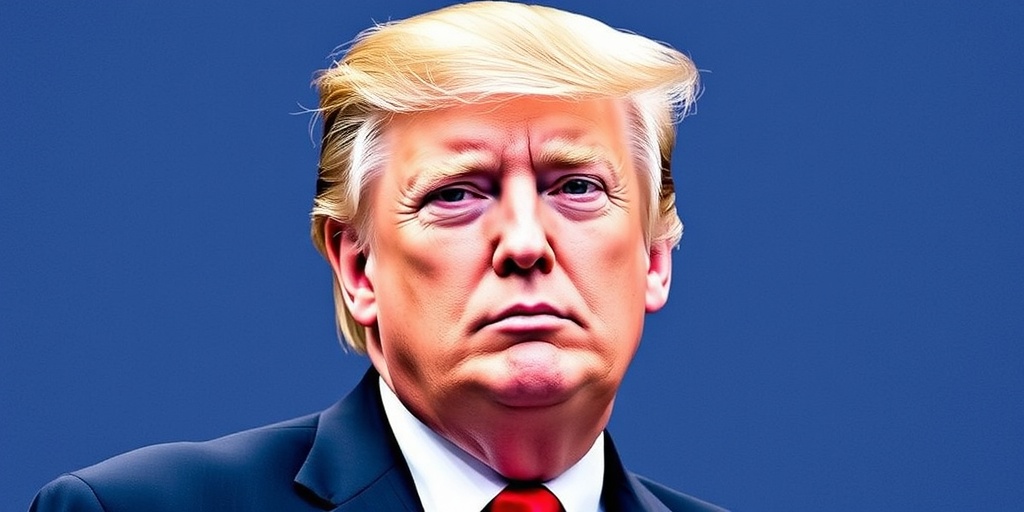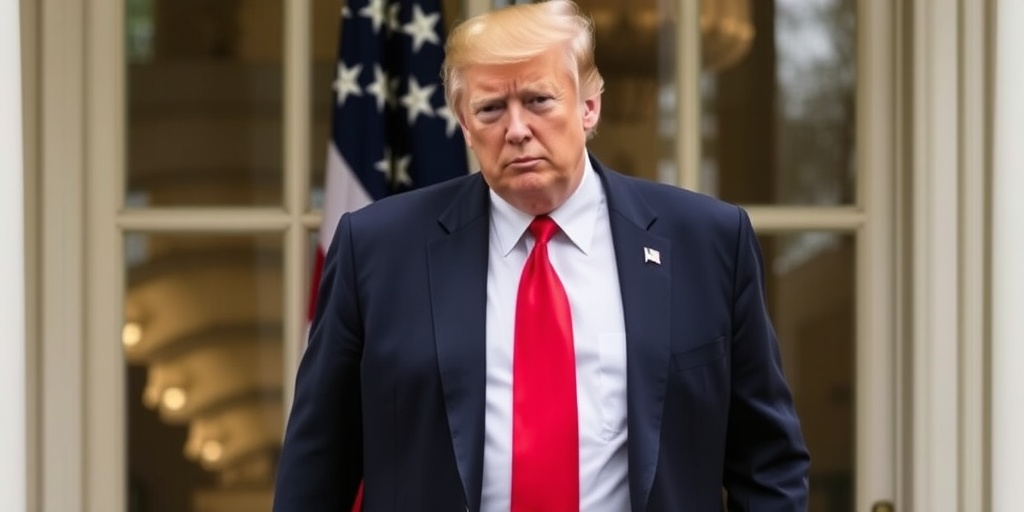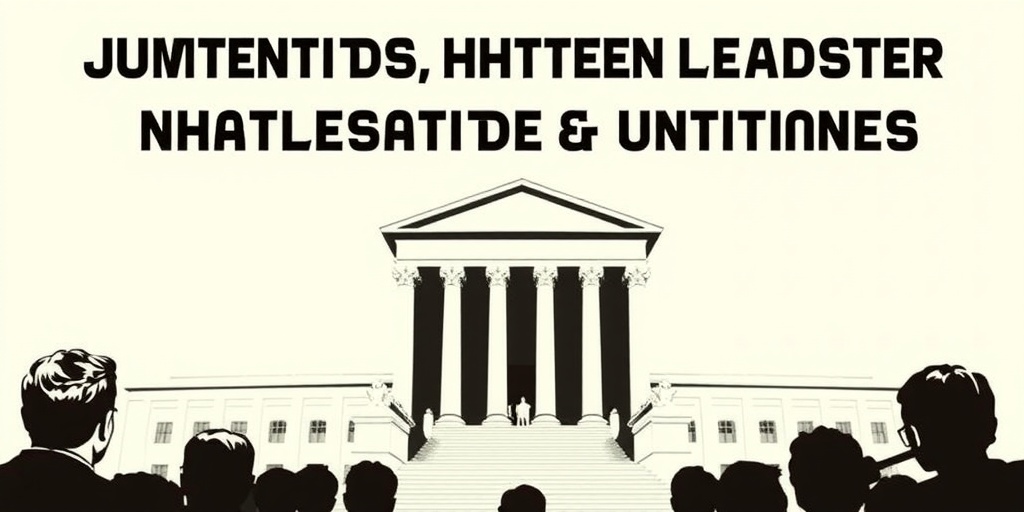Now Reading: Trump: Alliances with Conditions
-
01
Trump: Alliances with Conditions
Trump: Alliances with Conditions

Title: Trump’s Unconventional Foreign Policy Approach: Demanding Reparations from Ukraine
In the aftermath of World War I and World War II, the dynamics of international reparations and accountability were starkly defined: Germany was required to pay reparations for the devastation it caused by invading Belgium, while Japan was compelled to disburse reparations following its actions in the Philippines. However, as President Donald Trump seeks to navigate the complexities of Russia’s ongoing invasion of Ukraine, he has adopted an unconventional stance that turns traditional U.S. foreign policy on its head by demanding that the victim of the invasion, rather than the aggressor, bear financial burdens.
Recently, Trump, alongside Ukrainian President Volodymyr Zelensky, is expected to sign a groundbreaking agreement that would permit the United States to claim a share of Ukraine’s mineral resources. This strategic decision has been framed by Trump as a form of recompense for the financial support that American taxpayers have extended to Ukraine amid its war-torn struggle. Contrary to historical norms, where allies provided support in times of need without immediate financial return, Trump insists that the U.S. will not extend security guarantees to Ukraine in return for these resource-sharing agreements.
This new approach could have mixed implications for Ukraine. Strengthening economic ties with the U.S. may offer some measure of assurance and stability; nonetheless, it highlights Trump’s transactional foreign policy style, wherein long-standing alliances are subjected to a financial assessment.
Richard N. Haass, who previously served as president of the Council on Foreign Relations and was an adviser to former Secretary of State Colin Powell, commented on the implications of Trump’s administration on traditional alliances. He asserted that allies usually rely on the United States for much of their security and engage in economic collaborations. However, Trump’s approach seems to have redefined these relationships, turning them into perceived liabilities instead of cooperative ventures.
Historically, the U.S. has extended aid to its allies under the premise that such support fosters a more stable, orderly world. Haass cited past instances, such as American military production for allied nations during World War II, the implementation of the Marshall Plan to aid European recovery, and intervention against Iraq’s invasion of Kuwait, all aimed at reinforcing collective security and demonstrating that aggression yields negative consequences.
Yet, Trump appears dismissive of these traditional alliances, evaluating international relationships through an economic lens that emphasizes financial contributions from other nations to the U.S. economy. His latest term commenced with a confrontational stance toward neighboring countries, with the president applying pressure through threats of new tariffs against Canada and Mexico, and promising additional tariffs on Chinese goods.
At a news conference, Trump expressed a sentiment of grievance toward numerous countries, including those traditionally viewed as allies, stating, “We’ve been treated very unfairly by many, many countries, including our friends — friend and foe.” This adversarial tone has been aimed at Canada, which he disparaged by referring to it as the 51st state and labeling its prime minister in a derogatory manner. Furthermore, Trump has openly suggested controversial ideas such as the annexation of Greenland and seizing the Panama Canal, signaling a desire to radically overhaul the U.S.’s international relationships.
The most significant shift, however, concerns the U.S.’s long-standing approach to Russia and Ukraine. Trump has moved away from a strategy focused on isolating Moscow, choosing instead to openly communicate with President Vladimir Putin and facilitate discussions aimed at ending the war—initially without the direct involvement of Ukraine.
Now, as Trump nears the endorsement of a deal to capitalize on Ukraine’s natural resources, the draft agreement raises concerns among national security experts. The document provides only vague assurances regarding the protection of Ukraine’s sovereignty, merely suggesting that the U.S. “supports Ukraine’s effort to obtain security guarantees needed to establish lasting peace.”
Critics have been vocal about what they describe as “Mafia-like” tactics in Trump’s dealings. Representative Jim Himes, a leading Democrat on the House Intelligence Committee, criticized the premise of the deal, implying that Zelensky should reject Trump’s terms and remind him of the solidarity shown by NATO allies during the 9/11 attacks—where mutual assistance was offered without an expectation of oil or resources in return.
Trump has voiced that the deal with Ukraine will involve the U.S. “digging and taking the rare earth, which we need in our country very badly,” but has expressed skepticism regarding the actual presence of these resources in Ukraine. He added, “It’ll be great for Ukraine. It’s like a huge economic development project. So it’ll be good for both countries.”
Additionally, Republican allies in Congress have hailed Trump’s negotiation style, emphasizing his capacity to secure advantageous terms for the American populace. Some of the latest iterations of the minerals agreement have reportedly become more favorable to Ukraine as discussions progressed.
Meghan L. O’Sullivan, a Harvard University expert and former deputy national security adviser, raised concerns about the long-term ramifications of adopting a transactional foreign policy. Drawing from her experiences in Iraq and Afghanistan, she noted that while such deals may seem advantageous in the short term, they could ultimately lead to less stability and increased global insecurity. A withdrawal from the traditional role of deterrence, she warned, could culminate in a heightened risk to American interests economically and strategically worldwide.
As this situation develops, the implications of Trump’s foreign policy approach may resonate for years to come, prompting discussions about the future of America’s alliances, international norms, and global security dynamics.
Stay Informed With the Latest & Most Important News
Previous Post
Next Post
-
 01New technology breakthrough has everyone talking right now
01New technology breakthrough has everyone talking right now -
 02Unbelievable life hack everyone needs to try today
02Unbelievable life hack everyone needs to try today -
 03Fascinating discovery found buried deep beneath the ocean
03Fascinating discovery found buried deep beneath the ocean -
 04Man invents genius device that solves everyday problems
04Man invents genius device that solves everyday problems -
 05Shocking discovery that changes what we know forever
05Shocking discovery that changes what we know forever -
 06Internet goes wild over celebrity’s unexpected fashion choice
06Internet goes wild over celebrity’s unexpected fashion choice -
 07Rare animal sighting stuns scientists and wildlife lovers
07Rare animal sighting stuns scientists and wildlife lovers





















